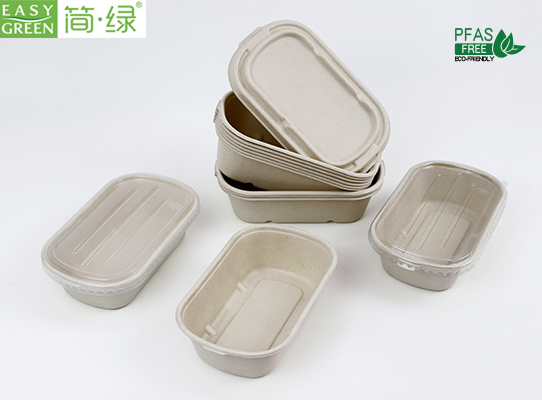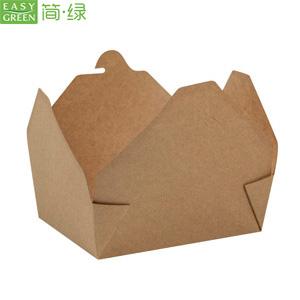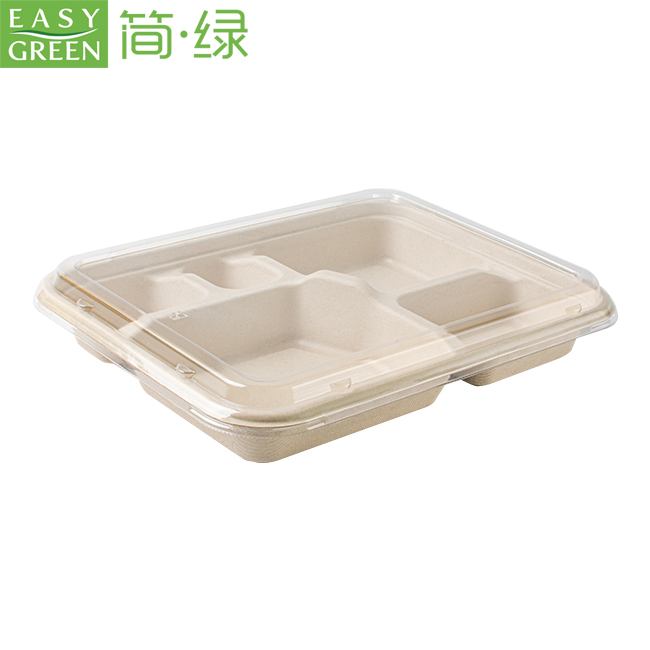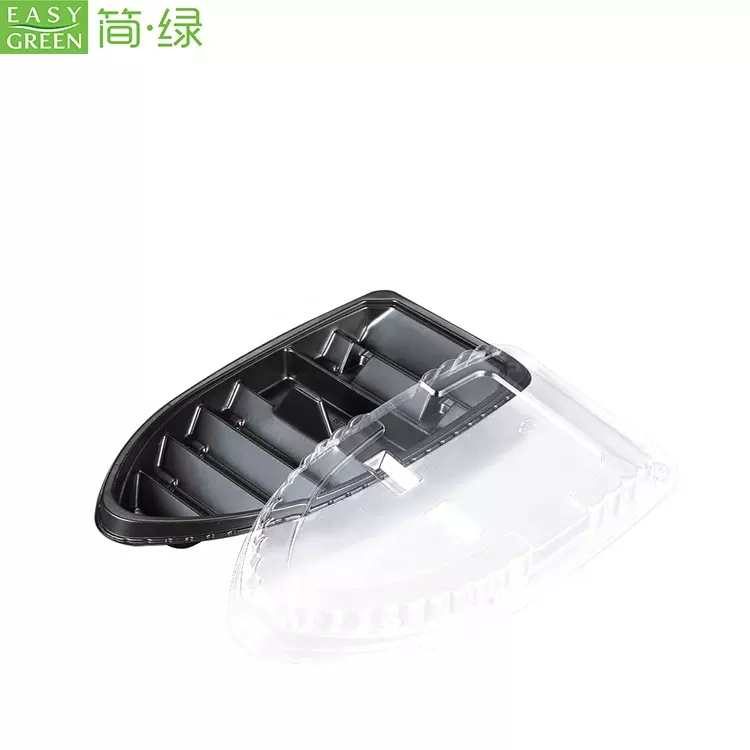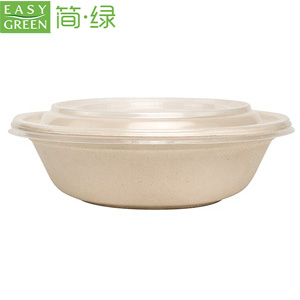In today's era of sustainability and environmental consciousness, the focus on reducing our carbon footprint has extended to every aspect of our lives, including packaging materials. Biodegradable food packaging materials have emerged as a more eco-friendly alternative to traditional non-biodegradable options. This blog post dives into the fascinating world of biodegradable food packaging materials, exploring their benefits, different types, and their importance in promoting a greener and cleaner future.
The Need for Biodegradable Food Packaging Materials
Before delving into the types of biodegradable food packaging materials, it is vital to understand the pressing need for such alternatives. Conventional packaging materials, such as plastic and Styrofoam, have become a global environmental concern due to their non-biodegradable nature. These materials often end up polluting oceans, harming wildlife, and causing long-lasting damage to ecosystems. As a result, the urge to adopt biodegradable food packaging materials has become imperative to reduce waste, conserve resources, and mitigate environmental degradation.
Exploring Different Types of Biodegradable Food Packaging Materials
Plant-based Packaging:
Derived from renewable resources, plant-based packaging materials offer a sustainable alternative to non-biodegradable counterparts. Materials like sugarcane bagasse, palm fiber, and cornstarch have gained popularity due to their ability to decompose naturally, requiring minimal processing energy. These materials can be molded to create packaging solutions such as trays, containers, and boxes.
Paper-based Packaging:
Paper is one of the oldest and widely used packaging materials, but it can also be an eco-friendly option when responsibly sourced and processed. Biodegradable paper packaging made from recycled fibers or sustainably harvested trees can serve as an excellent alternative. It can be custom-designed, providing durability, flexibility, and recyclability while minimizing environmental impact.
Edible Packaging:
Edible packaging is a revolutionary concept in biodegradable packaging materials, as it merges the functions of packaging and food consumption. Comprised of edible films made from substances like seaweed, rice starch, or fruit purees, these materials offer a safe, bio-friendly solution for items like single-serve condiments, wrapping for snacks, or even water bottles. Eliminating the need for disposal, edible packaging reduces waste, showcasing innovative steps toward a circular economy.
The Importance and Benefits of Biodegradable Food Packaging Materials
Environmental Impact:
Biodegradable food packaging materials significantly reduce the carbon footprint associated with waste management. These materials decompose naturally over time, preventing the accumulation of non-biodegradable waste. By choosing biodegradable alternatives, we contribute to a healthier planet, minimizing landfill usage, pollution, and wildlife endangerment.
Versatility and Functionality:
Biodegradable food packaging materials offer a wide range of functionalities, ensuring product safety and convenience for both consumers and producers. From containers and wraps to bags and trays, these materials cater to different needs while maintaining quality and durability. Bioplastics, for instance, are versatile enough to be molded into various shapes and sizes without compromising their biodegradable properties.
Enhanced Brand Reputation:
Brands that prioritize environmentally-friendly packaging materials not only contribute to sustainability but also enhance their reputation among environmentally conscious consumers. By adopting biodegradable food packaging materials, brands display a genuine commitment to reducing their ecological impact, attracting and retaining eco-conscious customers who actively seek out eco-friendly products.
In the quest for a sustainable and greener future, the development and adoption of biodegradable food packaging materials play a pivotal role. From plant-based packaging to edible alternatives, these materials offer numerous benefits, including reduced environmental impact, versatility, and enhanced brand reputation. By embracing such solutions, not only do we promote a healthier planet, but we also contribute to a circular economy that values resource conservation and waste reduction. As consumers, making informed choices and supporting brands like Easy Green, who prioritize biodegradable food packaging materials, we can collectively pave the way toward a more sustainable future.
 English
English 
